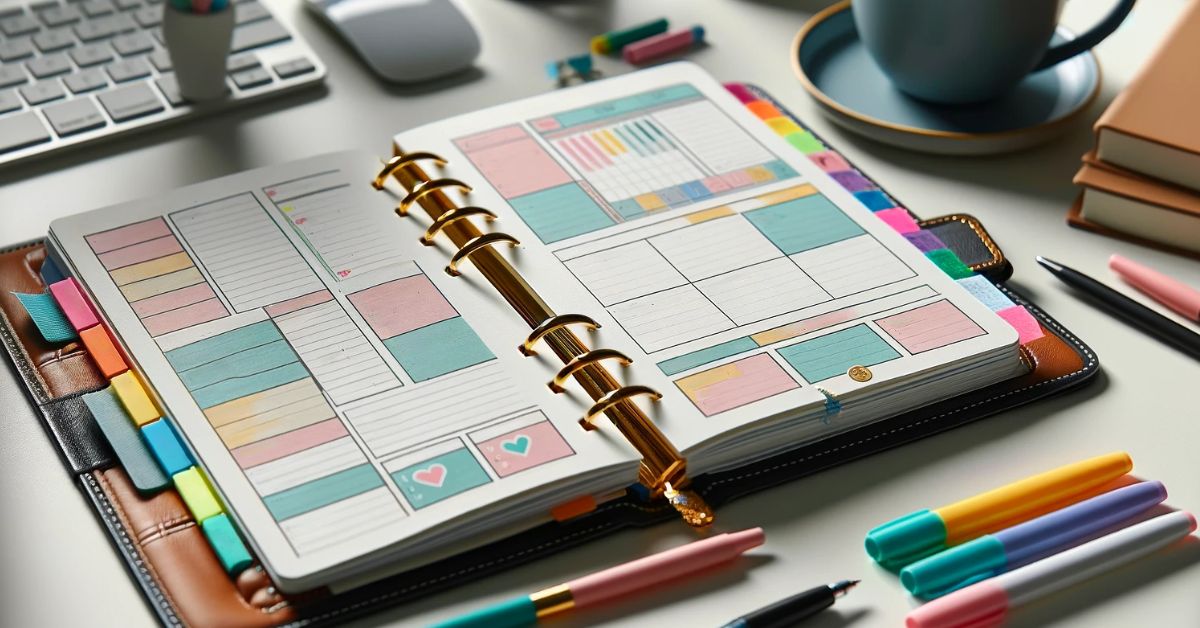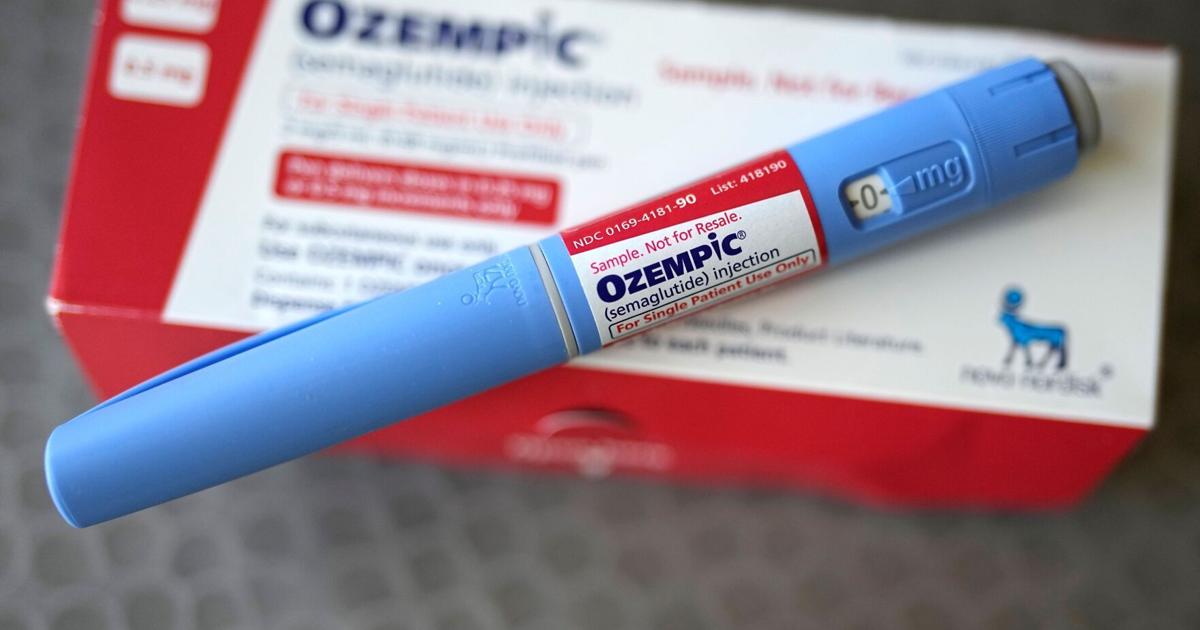These professionals offer their advice on how to find work-life balance in an era when the personal and professional lines are so blurred.
In a remote or hybrid work environment, navigating the complexities and wearing multiple hats during the traditional 9 to 5 schedule requires some unique but necessary considerations for success.
Organisation, mental preparedness, self-care, and even strategic outsourcing are just some of the coping mechanisms.
We reached out to a handful of professionals to see how they are balancing their business and personal lives. Here’s what they had to offer…
Shree Seeva
Principal Consultant: Vymigrate
I’m a single mother running a business and working as a policy advisor/solicitor. It’s been extremely important for me to be organised, more so around my son because I found that when he was sorted I was more calmer and collected.
I think, before anything else, prepping yourself mentally is so important. It’s an element of control that needs to be exercised so that individuals within your family home know what’s happening, and when so, everyone works in line with each other.
Other than that, communication is key, and outsourcing. I really do outsource a lot of work I can’t do myself; ironing, some shopping (to my parents), cooking (on late work nights). I have found striking a balance between everything is key.
Also on The Big Smoke
Dr Avin Fernando
Specialist General Practitioner: Valley Road Medical Centre
“You will never feel truly satisfied by work until you are satisfied by life.” – Heather Shuck (The Working Mom Manifesto).
As a specialist general practitioner working in a busy urban practice in the heart of Devonport, Tasmania, how I look at work-life balance is something that requires review and reassessment periodically. What “balance” means now would not be the same in a few years. Circumstances change and we have to adapt accordingly.
Many of the patients with chronic diseases (such as hypertension and diabetes) that we see day to day in general practice have a multitude of stressors at the helm. Always strive to look at the bigger picture. Health and family life should come first. Everything else is secondary.
Take a day off each month for your mental health. Include at least 150 minutes of exercise per week for your physical health. These simple measures take me a long way in leading a healthy and balanced life. Find “the balance” that works best for you.
Also on The Big Smoke
Bevan Jones
Founder, Host and Producer: Legends with Bevo
It’s tough at times, especially having a two-year-old daughter. It’s important to look after your health though, so despite it being difficult at times, I still try and go to the gym three times a week and run once or twice a week. It is usually on weekends with a full-time job during the week which involves me commuting two hours each day.
Despite it being tough, I also still have my own podcast Legends with Bevo which I am the host and founder of. All my preparation and social media posts are done in the evening when my wife and daughter are asleep. I also tend to record my episodes for Legends with Bevo in the evenings after work or on weekends. My other passion is being an MC for different sports and that also tends to be on weekends, which works well, plus of course socialising with friends and family when I can.
Also on The Big Smoke
Tony Hodder
CEO and Founder: Wingman Support Solutions
Balancing work and personal life in industries as demanding as NDIS and child safety requires clear boundaries and effective stress management strategies. Drawing from my extensive experience travelling across Queensland and working with various child safety companies, I found that the principles in NDIS are quite similar, though with different risk management challenges.
When I founded my company, Wingman Support Solutions, as a research project in the labour market, it allowed us to test boundaries and create collaborative parameters with other organisations. This led to a partnership with Adwise, where Eric Fairall’s business acumen and our innovative approach to care systems came together.
We ran social experiments to train and support new staff, integrating AI into our technology platforms for real-time feedback and reflective learning, in a meaningful use of data. By mapping out systems and leveraging AI differently from current models, we ensure better care for clients and staff, addressing the critical issue of staff burnout.




